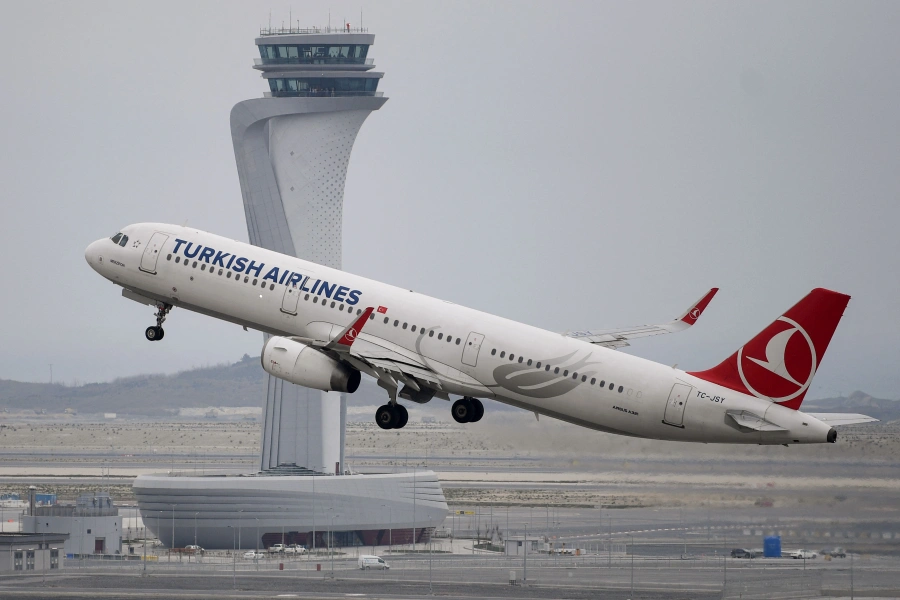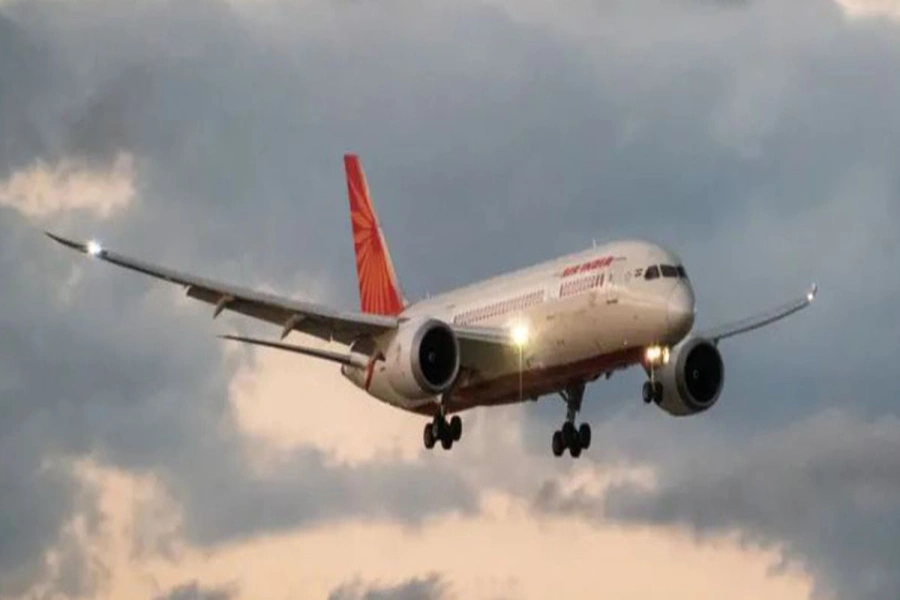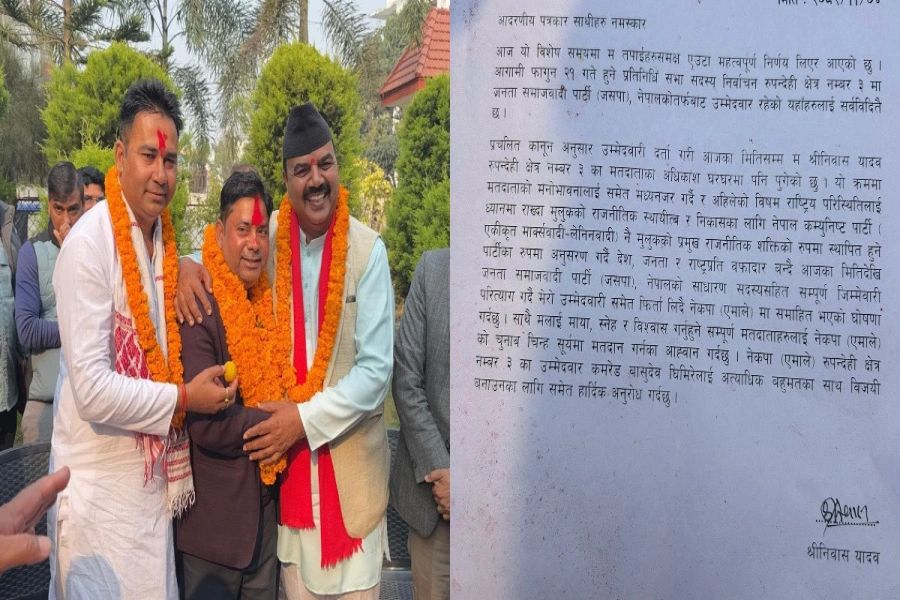As a government-owned company, Nepal Airlines Corporation’s compliance with public procurement regulations has to be above suspicion
The ongoing ruckus in the two parliamentary committees over allegations of corruption and kickbacks in the process of acquisition of the two wide-body A330 aircrafts appears focused more on optics for public consumption than substance. The procurement of two A320s narrow bodies earlier, however, escaped this ritual, perhaps under the assumption that direct deals with Airbus are above suspicion.
Under principles of natural justice, charges of corruption cannot lead to convictions in a court of law unless the trail of kickbacks can be established to the purported beneficiary. That said, it is indeed difficult, as was evident from the high profile case of a former Indian air force chief in the purported deal for the acquisition of Augusta-Westland AW101 helicopters for ferrying VVIPs that eventually fell through. The scandal initially gathered significant media attention with the Italian appeals court convicting the former CEOs of the firm for international corruption.
Only recently, the Italian Supreme Court acquitted them citing the lack of sufficient evidence to support the allegations. Thus, though no convictions were made, as a saving grace India was able to recoup all the payments made to the firm. So whatever made its way to the purported recipients were pure windfall, and not a loss to the exchequer.
Usually, acquisition of aircraft by an airline is deemed a pure business move and should not raise eyebrows. However, NAC being a government owned company, its compliance with public procurement regulations has to be demonstrated above suspicion.
Methods of purchase
Qatar Airways takes delivery of Airbus A350-1000 aircraft

The business of aircraft financing is complex where various methods are employed including direct purchase and other leasing options.
Usually, direct purchase with upfront payment is suited mostly for tax relief purposes by deducting depreciation costs down the line. No wonder the large carriers prefer to lease aircraft as this ensures a new aircraft inventory with average aircraft ages ranging from four to five years while also ensuring fuel economy.
Typically, finance leasing is effected by aircraft lessors from countries like Ireland and Cayman Islands that by enacting Special Purpose Vehicle (SPV)-friendly tax legislations provide sufficient initiatives for raising shell companies also known as special purpose vehicles.
However, the need for employing SPV for effecting direct purchase of aircraft by NAC appears odd, contrary to common practices.
Let’s consider a recent similar case in our neighborhood. Amrapali real estate developers in India had been in the spotlight for not completing residential complexes in time and thousands of people had been left in the lurch having paid upfront the costs of moving in the apartment but denied possession as the properties were never really built or completed. It was alleged that the company had siphoned off the funds to other ventures for higher returns. It was only when the Supreme Court was approached by the victims and the court supervised a forensic financial audit of the firm’s finances that the true picture of the fraud emerged detailing the money trail to various shell companies. The directors of the firm are still under court supervised detention while the victims await compensation.
Investigating the scam
It is unlikely, given the prevailing state of auditing and accounting in Nepal, that compliance with the provisions of PPR alone can ensure preventing receiving kickbacks by officials executing contracts in public entities. This discouraging scenario is further weakened by the fact that numerous officials holding public positions have kith and kin abroad, of course mostly in developed countries, to whom the kickbacks can be easily routed by foreign-based suppliers and hapless Nepali investigators would never get to whiff of the paper trail of the payments.
Unless the governments of the respective countries are approached to investigate the money trail, all efforts will remain a mere wild goose chase.
Financial forensic investigations are a specialized field of accounting that utilizes accounting, auditing, and investigating skills where the reports are admissible in a court of law for prosecution purposes. Clearly, this is non-trivial stuff and is meant to be practiced only by those who know it. There are several prestigious international firms that specialize in the discipline and if indeed truth is sought they should be approached. Of course, they would quote substantial charges, but then the stature of the parliament would stand to be elevated from this venture and prosecution of the guilty ensured.
The accusations about mismatch in aircraft maximum take-off weight (MTOW) figures, one of the key factors that outlines the range and payload capabilities of aircraft in question, will need to be analyzed in light of the details of NAC’s business plans for there are compelling reasons why Airbus manufactures A330 variants with MTOWs of 230 and 242 metric tons. They involve tradeoffs in terms of aircraft range, additional revenue seats and cargo capacity as well as additional charges for landing at airports for heavier aircraft.
The charges on inability of NAC to fly to intended destinations for which the wide-bodies were first inducted, is however, a different cup of tea. It appears that the European Commission (EC), by continuing its ban on airlines under the regulatory oversight of Civil Aviation Authority of Nepal (CAAN), perhaps expects Nepal to rise way above the minimal levels of safety compliance as outlined by International Civil Aviation Organization (ICAO) standards. As whatever officially transpired between the CAAN team interactions with EC at Brussels repeatedly is still out of public knowledge.
When the Nepali pilots and aircraft maintenance engineers for A320 and A330 aircraft can be trained to competency to levels specified by Airbus, there is no reason why the officers at CAAN, most of them possessing masters degrees and repeatedly trained abroad on nuances of safety management system, cannot rise to the occasion in ensuring safe aerodrome and tower operations as well as effective safety oversight.
The author is a Fulbright alumnus in Aviation Safety Science from Embry-Riddle Aeronautical University, US
mukulmishra@fulbrightmail.org





































